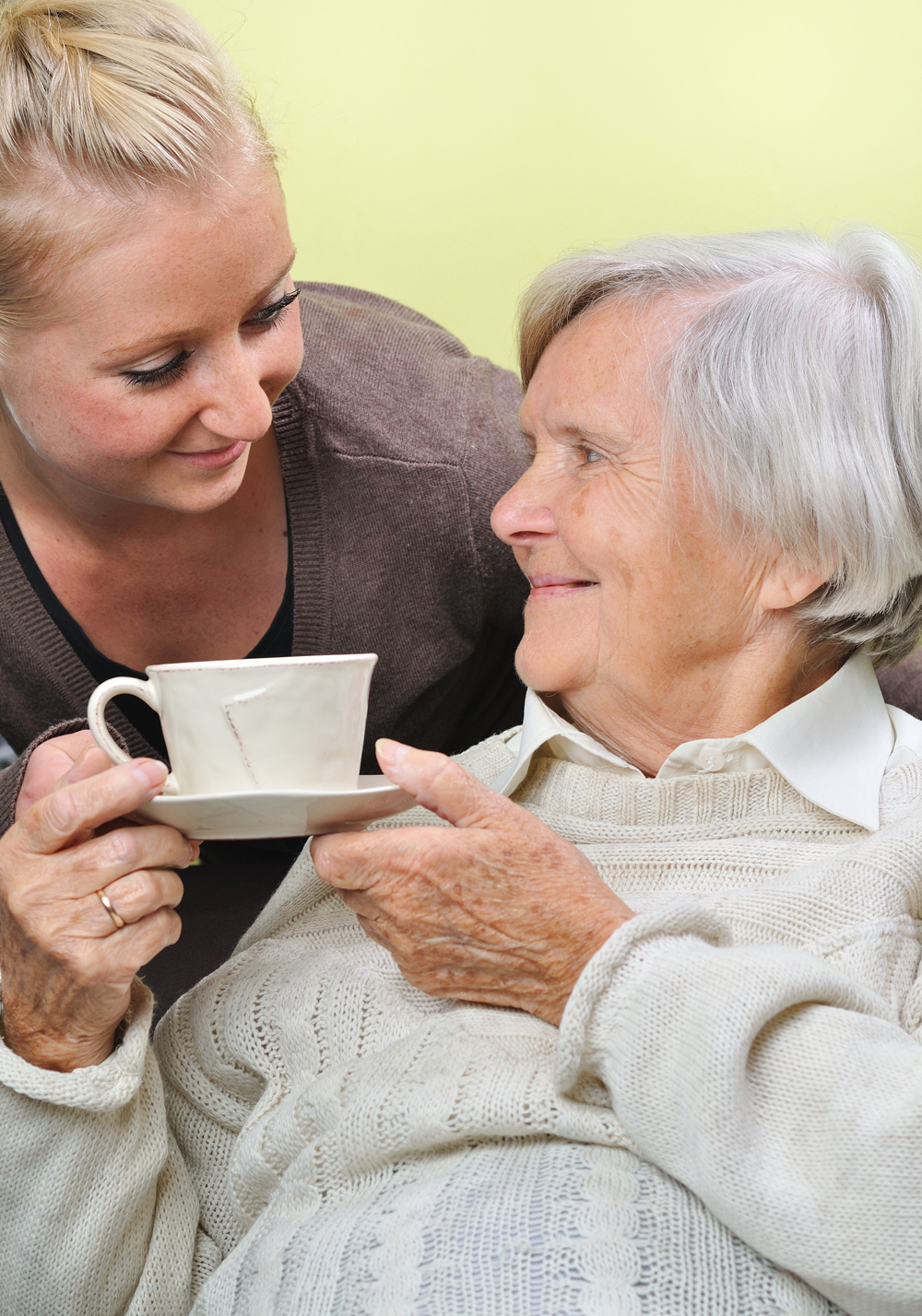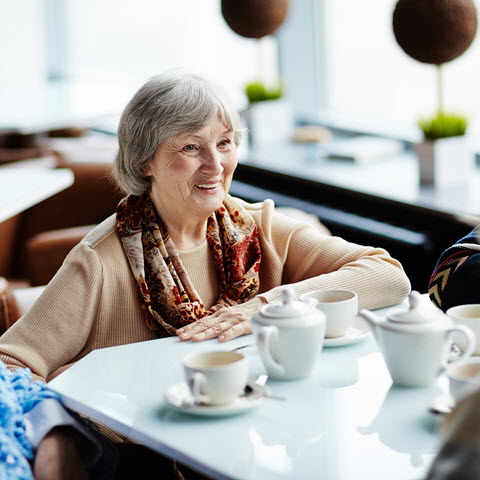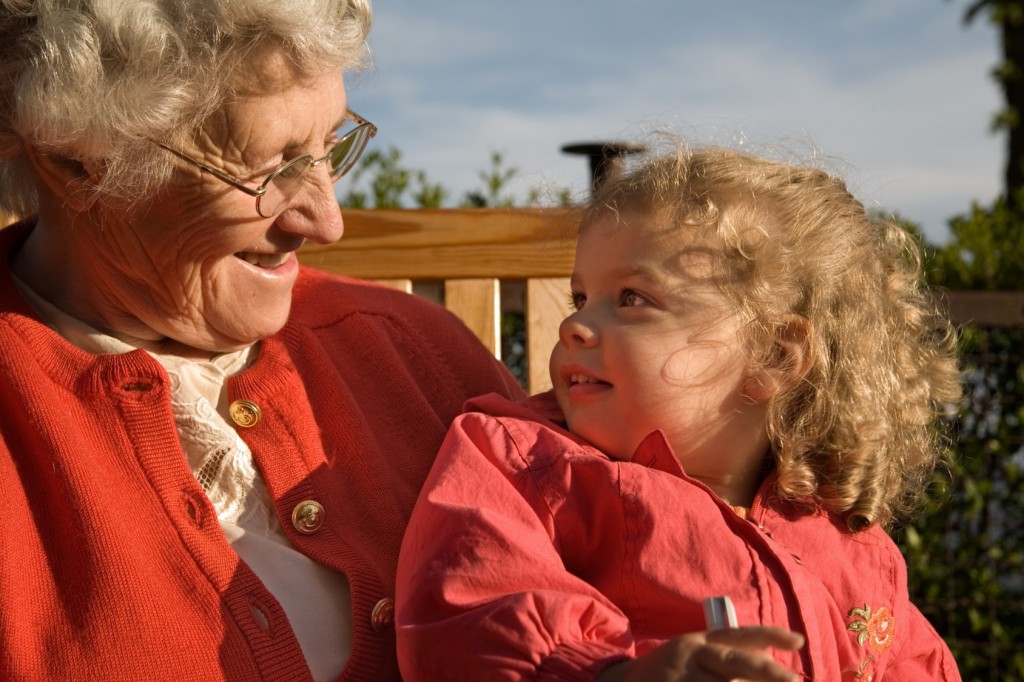
Caregiving is a universal act of compassion and support, but its dynamics and challenges are profoundly influenced by cultural and diversity factors. In a world that celebrates a rich tapestry of cultures and backgrounds, it's essential to recognize and appreciate how these unique elements shape the caregiving experience. This article delves into the intersection of caregiving and cultural diversity, highlighting the distinctive challenges faced by different communities and emphasizing the vital importance of cultural competence in care.
Caregiving is a deeply personal and culturally influenced practice, shaped by the diverse values and traditions of different communities. Recognizing and understanding the unique challenges faced by various cultural groups is essential for providing effective and respectful care.
Here are some key considerations:
1. Language barriers:
Find YOUR ideal care home NOW!
In multicultural societies, language barriers can pose significant challenges to effective communication between caregivers and care recipients. Misunderstandings in health information and treatment instructions may arise, emphasizing the importance of cultural and linguistic competence in caregiving interactions.
2. Traditional healing beliefs:
Many cultures have deeply ingrained beliefs in traditional healing practices, which may differ from Western medical approaches. Caregivers must navigate the delicate balance between respecting these beliefs and ensuring evidence-based care that prioritizes the health and well-being of the care recipient.
3. Gender roles:
Cultural norms often dictate caregiving responsibilities based on gender, with expectations differing between male and female caregivers. Understanding and respecting these roles is essential for providing culturally sensitive care that aligns with the care recipient's cultural background.
4. End-of-life decisions:
Different cultures have varying beliefs and practices regarding end-of-life care and decision-making. Caregivers must approach these sensitive conversations with empathy and respect, honoring the care recipient's cultural preferences while providing support and guidance through difficult decisions.
The importance of cultural competence in caregiving:
Cultural competence in caregiving is indispensable for several reasons:
- Improved communication: Culturally competent caregivers can facilitate effective communication and build trust with care recipients and their families, leading to better understanding of needs and preferences.
- Enhanced trust and rapport: By acknowledging and respecting cultural differences, caregivers can build stronger, more trusting relationships with care recipients and their families, fostering a supportive care environment.
- Better health outcomes: Culturally sensitive care is more likely to lead to better health outcomes, as it ensures that care aligns with the care recipient's values and preferences, increasing compliance with treatment plans.
- Reduced health disparities: By addressing cultural and diversity factors in caregiving, caregivers can help reduce health disparities among diverse communities, ensuring equitable access to healthcare services for all.
Promoting cultural competence in caregiving:
To enhance cultural competence in caregiving, caregivers can:
- Education and training: Receive cultural competence training to develop an understanding of different cultural practices and beliefs.
- Respect and open-mindedness: Approach each caregiving situation with an open mind and a willingness to learn, showing respect for the care recipient's cultural background.
- Cultural liaisons: Utilize cultural liaisons or interpreters when language barriers are present, ensuring effective communication and understanding.
- Community resources: Connect with local cultural and community organizations for guidance and support in providing culturally sensitive care.
Benefits of Cultural Competence in Caregiving
| Benefit | Description |
|---|---|
| Improved Communication | Culturally competent caregivers facilitate better communication, ensuring a clearer understanding of the recipient’s needs and preferences. |
| Enhanced Trust and Rapport | Respecting cultural differences helps build trust and rapport with care recipients and their families, promoting a supportive care environment. |
| Better Health Outcomes | Culturally sensitive care leads to better health outcomes as it aligns with the recipient's values, encouraging adherence to treatment plans. |
| Reduced Health Disparities | Addressing cultural factors in caregiving helps reduce health disparities and ensures equitable healthcare access for diverse communities. |
Cultural diversity enriches the caregiving experience, offering opportunities for learning, growth, and mutual understanding. By recognizing and embracing cultural competence in caregiving, caregivers can provide more effective, respectful, and compassionate support to those they serve, honoring the diverse perspectives and experiences that define our global community.
FAQ:
What are the key considerations in culturally sensitive caregiving?
Key considerations include addressing language barriers, respecting traditional healing beliefs, understanding gender roles, and honoring cultural preferences in end-of-life care.
How does cultural competence benefit caregiving?
Cultural competence enhances communication, builds trust, improves health outcomes, and reduces health disparities by ensuring that care is aligned with the recipient’s cultural values and preferences.
What strategies can caregivers use to promote cultural competence?
Caregivers can promote cultural competence through education and training, maintaining respect and open-mindedness, utilizing cultural liaisons, and connecting with community resources.
How can caregivers handle language barriers in caregiving?
Caregivers can work with interpreters or cultural liaisons to bridge language gaps, ensuring effective communication and understanding of medical information.
Why is cultural competence important in caregiving?
Cultural competence is important because it ensures that caregiving is respectful, effective, and tailored to the recipient’s needs, fostering a better caregiving experience and reducing health disparities.
What role do gender roles play in caregiving?
Cultural norms regarding gender roles often influence caregiving responsibilities. Understanding these roles helps caregivers provide more culturally appropriate and sensitive care.
How can caregivers respect traditional healing practices while providing medical care?
Caregivers should approach traditional healing practices with respect and integrate them with evidence-based medical care, ensuring the well-being of the recipient.
What resources can caregivers use to improve cultural competence?
Caregivers can use community organizations, cultural liaisons, and online resources for training and support in providing culturally sensitive care.
How can caregivers handle end-of-life care in a culturally sensitive way?
Caregivers should engage in open, empathetic discussions, respect the recipient's cultural preferences, and offer support for families during decision-making processes.
What are the challenges caregivers face in providing culturally sensitive care?
Challenges include navigating language barriers, balancing traditional beliefs with medical care, and understanding the complexities of cultural norms and end-of-life decisions.
We are here to help you choose a care home or facility best suited to your needs. Do not hesitate to contact us on the following number: 0230 608 0055 or fill out this form.
Do you need a care home for yourself or your loved one?
Share this article :
Latest posts
You are looking for an establishment for your loved one ?
Get availability & prices
Fill in this form and receive
all the essential information
We would like to inform you of the existence of the opposition list for telephone canvassing.











